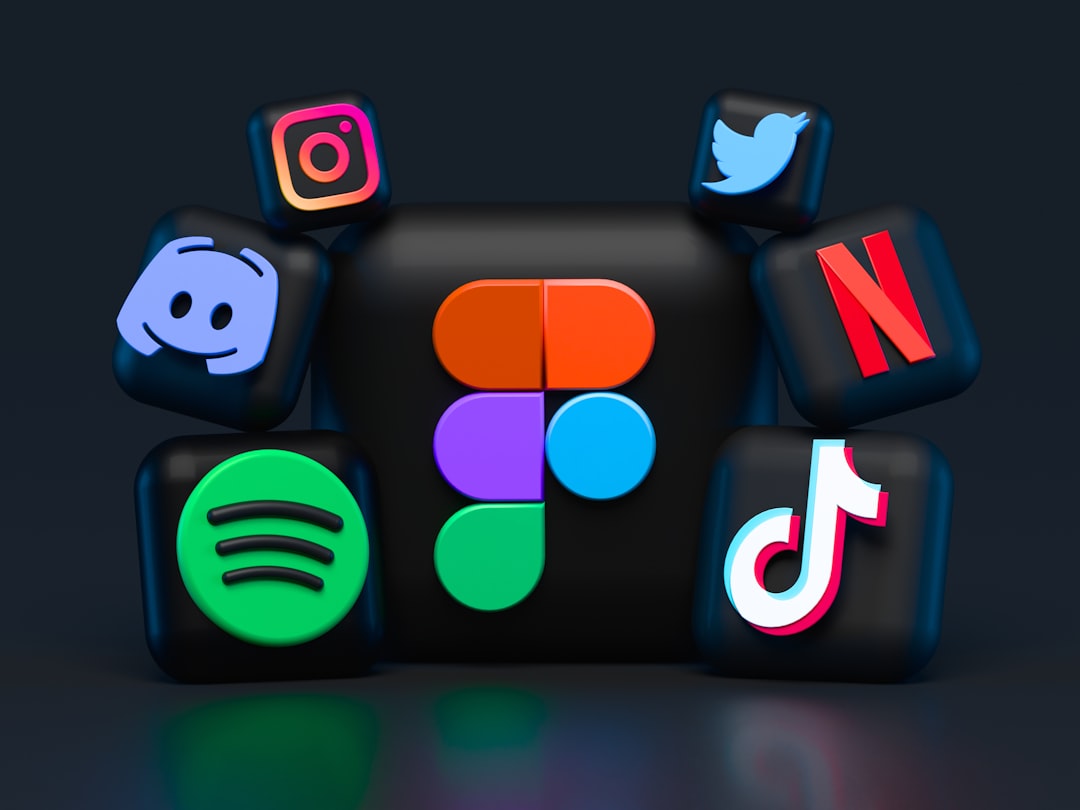A brand is a voice and a product is a souvenir.
Lisa Gansky
You can’t build in isolation and hope to cause any significant changes out there.
People are social.
Business is social.
Life itself is social.
Your business or startup must have a strong social representation.
Research has shown that in recent times people love to do business with companies or startups that are social.
That’s why you see big companies using the personalities of their founders and key executives to interact with people.
It’s natural… People want to deal with people. And not just chatbots and “ad banners.”
For healthcare, it could be a little tricky. That’s why branding and marketing for healthcare are a bit different.
Though the same principle applies, there are just tiny tweaks here and there.
And, it’s even trickier when we shift our gaze to “health tech.”
Healthtech is new, many don’t understand what it’s all about.
If not for the pandemic that made health tech famous, we would have been struggling with “low numbers” dancing behind the statistics boards.
But, hey, the pandemic made health tech really famous. And that’s good for the world. Because we now know you don’t always have to go to the hospital before you can have a doctor attend to you.
You can get the attention of a doctor, a nurse, or a pharmacist right in the comfort of your home via a smartphone or device that can connect to the internet.
Over the years, as a writer, I have observed that very few healthcare and health tech brands take social representation seriously.
The reason or reasons? Well, I can only guess or speculate.
Maybe owing to the nature of healthcare and health tech.
Delicate terrain… highly conservative…
Healthcare is still shrouded in some form of extreme carefulness [you don’t want to hurt nobody].
You don’t want to do too much ‘socialness’, you are just being careful. That’s understandable.
But, one can’t deny the fact that healthcare and health tech brands that take social representation seriously are the ones that are liked and respected by people and they are the ones that naturally have more clients [more clients, more money — winks :)].
We Live In A Social World

Like I said earlier, business is social.
We are selling services and products to people, real people. And this necessity has paved the way for a whole industry — the social media industry [businesses can no longer do without social media, anymore].
Marketing, PR, and branding have all been in existence even before we had social media.
And now, more than ever, the world has found itself in one small space — the internet. It’s way easier to do business—to get clients, interact, communicate, and build a community.
The internet age has made it all possible and easy.
And smart brands have seized this opportunity. The “not-too-smart, over-cautious” brands who refused to join the train have either gone into extinction, naturally, or have realized their folly and have quickly adapted.
Healthcare and health tech brands must understand the trend.
Take a look around you, the healthcare and health tech brands that are loved and respected are those that have robust social representation.
You find them on social media creating content regularly to inform, educate and entertain their audience and community.
It’s not just about selling their services or products—it’s not just about selling their services or products [I repeated it].
It’s an important part of the business. As important as the core services your company or startup provides.
Healthcare and health tech brands that have embraced social culture have already realized how important it is.
They don’t mind spending a lot of resources on making sure that their brands are represented well on the internet, and on social media.
You will be amazed at how much some top healthcare and health tech brands spend on social representation — from managing and maintaining a website to creating content for the website, running social media pages, marketing and branding, you just name it.
The only effective way you can get your services [and products] out there is through social channels. And advancements in “social tech” have even made it way easier.
Social media platforms are being designed today with all forms of business in mind. LinkedIn, Facebook, Twitter, and Instagram all have interesting features that help businesses get in touch with prospective customers, build a community, and create content, all culminating in getting more clients and making more money.
The way we do business is evolving. And healthcare business is not isolated from this evolution.
In the past, companies were more concerned with selling their services and products. But today, they have realized that it doesn’t just stop at selling something.
It’s about building a community. That’s something more…
The community you build as a brand becomes your pillar.
The real people that interact with all aspects of your brand become your fan, they love you, not just for the products and services that you serve them, but for what you represent as a brand.
Now, we see brands doing more than just selling the population a service or product.
Brands are now connecting with their brand personalities and are using that unique side to connect with their communities further strengthening the bond that they have with their community [not just consumers]. And the stronger the bond you have with your community…? Do you know the story…?
OK, let’s stop there for now…
Subscribe to our newsletter [at the footer section] and get notified when we publish something new. You can also subscribe [below] to “Care City Weekly” our Substack newsletter.
“Care City Weekly is the official newsletter of Care City that condenses all that is happening in Care City into one piece for our readers to enjoy. We also feature content from our partners and friends, as well as other reliable web sources [blogs, magazines, journals, etc]. Just for your reading pleasure.“





